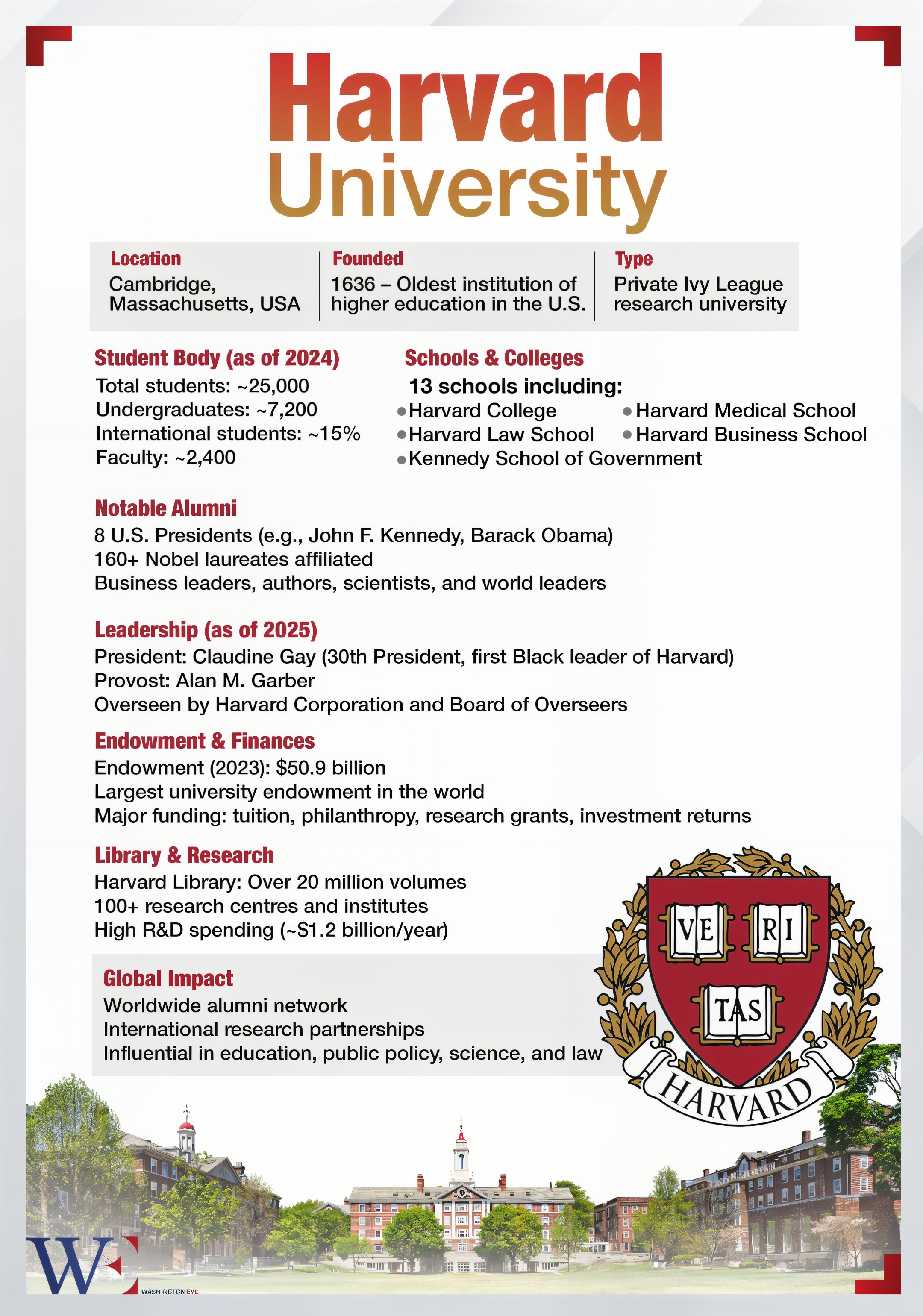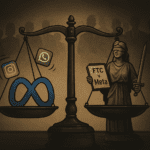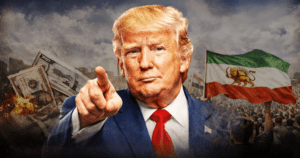In an escalating standoff between the U.S. government and one of the nation’s most prestigious universities, the Trump administration has frozen more than $2.3 billion in federal funding to Harvard University.
The freeze comes in direct response to Harvard’s refusal to comply with a sweeping list of demands issued by the administration. These demands targeted everything from the university’s diversity, equity, and inclusion (DEI) programs to its admissions policies and campus protest protocols. The situation has quickly become a flashpoint in a broader national battle over institutional independence, civil liberties, and ideological conformity in higher education.
The Core of the Dispute
At the heart of this controversy lies a set of directives from the Trump administration that Harvard has refused to implement. The administration had called for the dismantling of DEI initiatives, a fundamental restructuring of admissions practices to eliminate consideration of race and national origin, and mandatory cooperation with federal immigration authorities regarding international students. Additionally, Harvard was expected to audit its faculty and student body for ideological diversity and implement a campus-wide ban on face coverings—an apparent reaction to recent pro-Palestinian protests that involved masked demonstrators.
Harvard, however, chose to publicly defy the order. In a sharply worded statement, interim President Alan Garber emphasized that academic institutions must retain the freedom to determine their own values and policies. “No government—regardless of which party is in power—should dictate what private universities can teach, whom they can admit and hire, and which areas of study and inquiry they can pursue.” The university declared it would not allow its mission or constitutional rights to be compromised by political pressure.
Retaliation Through Funding Cuts
Following Harvard’s formal rejection, the administration announced a freeze on over $2.2 billion in grants and $60 million in active federal contracts. Officials framed the move as a response not only to Harvard’s noncompliance but also to what they described as a failure to address campus antisemitism and to enforce civil rights standards. According to the Department of Education, Harvard and other elite schools have exhibited a “troubling entitlement mindset”, accepting billions in federal aid while refusing to adhere to baseline federal regulations.
This freeze is part of a broader investigation into approximately $9 billion in federal funding that Harvard has received across departments and affiliated institutions. The administration’s approach marks a significant shift from previous federal oversight of higher education, weaponizing funding as a tool to enforce cultural and ideological compliance.
A Pattern of Pressure on Universities
Harvard’s confrontation with the Trump administration is not an isolated incident. Over the past few months, other universities including Columbia, Cornell, and Northwestern have faced similar threats. In some cases, institutions have capitulated to federal demands in order to restore funding. Columbia University, for example, agreed to implement new protest restrictions, expand campus security, and prohibit the use of face coverings. These measures were introduced under federal scrutiny, and although they temporarily restored funding, the backlash among faculty and students ultimately led to the resignation of Columbia’s interim president.
The Harvard case, however, may signal a turning point. Unlike its peers, Harvard has taken a definitive stance against what it sees as governmental overreach. The university’s leadership has framed the conflict as not merely about compliance, but about protecting the core values of academic freedom and institutional sovereignty.
Legal and Political Fallout
The funding freeze has triggered a national conversation about the limits of executive power and the legal obligations of federally funded institutions. Former President Barack Obama criticized the administration’s move as an “unlawful and ham-handed attempt to stifle academic freedom”, encouraging universities to resist coercion that undermines democratic principles.
Legal experts believe that Harvard may have strong grounds to challenge the freeze in court. Potential arguments include violations of First Amendment rights and abuse of Title VI of the Civil Rights Act, which prohibits discrimination but does not provide blanket authority for the government to dictate institutional governance. Harvard’s legal counsel has indicated that the university is prepared to litigate if necessary, asserting that the university cannot “buy back” its independence with compliance.
A Final Note: Academic Freedom on Trial
The Harvard-Trump clash could become a landmark case in the history of American higher education. It raises important questions about how far federal authorities can go in shaping the values, policies, and operations of educational institutions. As Harvard stands its ground, the outcome of this dispute may redefine the balance of power between academia and the federal government. It could also determine whether universities can continue to serve as bastions of independent thought in an increasingly politicized landscape.
















